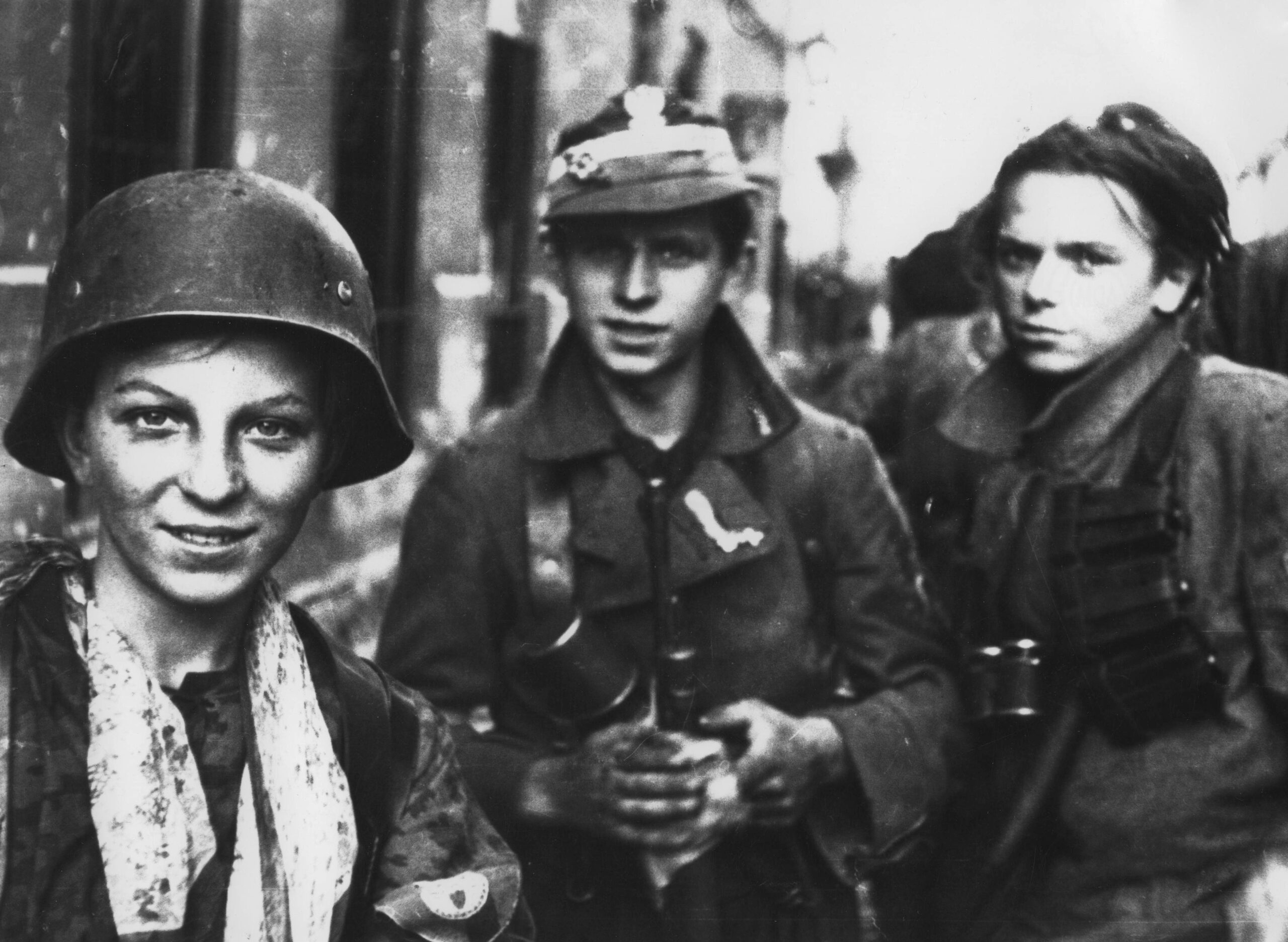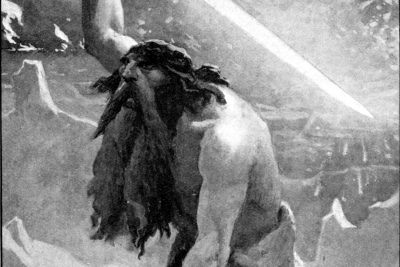
Partisans: Unsung Heroes of WWII Resistance and Courage

During World War II, the contribution of partisans in resisting Nazi tyranny is a significant chapter often overshadowed by larger military campaigns. Among these brave fighters were the Jewish partisans, whose unwavering courage and tenacity posed challenges to occupying forces across Europe. At a time when silence could mean survival, these individuals defied oppression, forming groups that fought against the Nazis in various regions. Their stories illuminate the resilience of the human spirit amidst the darkest of circumstances, highlighting the critical role played by the partisans in preserving hope and fighting back.
While many narratives focus on the broader resistance movements, the unique experiences of Jewish partisans reveal a complex reality filled with both collaboration and conflict. Faced with extreme anti-Semitism, these fighters often found themselves isolated yet determined to protect their communities. This article delves into the remarkable endeavors of Jewish partisans during WWII, exploring their formation, collaborations, and the trials they encountered in the fight against tyranny. Their legacies remind us of the importance of remembering those who stood up for their beliefs against incredible odds.
The Role of Jewish Partisans in WWII
Jewish partisans were an essential component of the resistance against Nazi oppression, engaging in guerrilla warfare, sabotage, and intelligence gathering. Operating in various countries throughout Europe, these fighters demonstrated not only military prowess but also the unbreakable spirit of a community determined to survive and resist. Their actions were critical in disrupting enemy operations and aiding the escape of fellow Jews from the clutches of genocide.
The Formation of All-Jewish Groups
The formation of all-Jewish partisan units was a direct response to the intense anti-Semitic violence prevalent during the Nazi regime. In Eastern Europe, particularly in countries like Poland and Lithuania, Jewish individuals banded together to create dedicated fighting forces, often recruiting members from their immediate communities. This formation was crucial as it provided a sense of security and solidarity in a hostile environment where mainstream resistance movements were either reluctant to involve Jews or outright hostile.
Collaboration with Established Resistance Movements
Despite their struggles, Jewish partisans sought collaboration with established resistance movements such as the French Resistance in occupied France and the Independent Front in Belgium. These alliances were not always seamless, as differing priorities and levels of anti-Semitism often created friction. Nevertheless, many Jewish fighters found ways to contribute meaningfully to broader efforts through acts of sabotage, sharing intelligence, and providing support to other resistance members.
Jewish Partisans in Eastern Europe
The Eastern European front was one of the most challenging environments for Jewish partisans. In places like Poland, many Jews escaped imminent death only to find solace in partisan groups. Here they not only fought against the Nazis but also confronted discrimination from non-Jewish resistance fighters, particularly from the Armia Krajowa. Despite these challenges, the Jewish partisans rallied together to launch attacks on German troops, sabotage transportation routes, and gather intelligence that would aid in the overall resistance effort.
Experiences in Western Europe: Belgium and France
Western Europe also served as a battleground for Jewish partisans. In Belgium, Jewish individuals joined existing resistance movements while forming their own networks to combat oppression. In France, the situation mirrored that of other regions, with Jewish partisans integrating into the French Resistance, contributing to notable efforts through groups such as Armée Juive. Their bravery in these diverse environments showcased their commitment to fighting against tyranny while preserving their cultural identity amidst immense danger.
Contributions in Greece and Italy
In Greece, Jewish fighters aligned with the National Liberation Front, participating in underground operations aimed at toppling the Axis powers. Their contributions were often overshadowed, yet integral to the country's resistance efforts. Similarly, in Italy, Jewish partisans played a crucial role in groups like the Garibaldi Brigades. They engaged in combat, shared food and resources, and provided cover for those fleeing persecution, showcasing an extraordinary determination to resist fascism.
The Fight Against Anti-Semitism Within Resistance Movements
One of the most significant challenges faced by Jewish partisans was the pervasive anti-Semitism within resistance movements. Many groups were hesitant to accept Jewish members or prioritize their safety, which often left Jewish fighters to fend for themselves. This systemic discrimination complicated their resistance efforts, forcing them to carve out their own paths while fighting against both Nazi forces and the prejudices of potential allies.
The Support from Allies: A Mixed Reality
While some Allied forces provided support to partisans through airdrops and training, it was often uneven. All-Jewish groups frequently received less assistance than their mixed counterparts, highlighting the challenges they faced even from those ostensibly on their side. Nonetheless, the determination of Jewish partisans to fight against Nazi tyranny never wavered, finding ways to sustain their operations despite limited resources and support.
Conclusion: Honoring the Legacy of Jewish Partisans
The legacy of Jewish partisans during World War II is a testament to the unyielding human spirit in the face of oppression. Their bravery in forming separate units, collaborating with other resistance movements, and fighting against overwhelming odds remains an inspiring chapter in history. As we remember these unsung heroes, it is vital to acknowledge their crucial role in the resistance, emphasizing the importance of standing up against all forms of tyranny and injustice. The stories of Jewish partisans serve as a reminder to honor those who fought for freedom, ensuring that their legacy endures for generations to come.
Did you find this article helpful? Partisans: Unsung Heroes of WWII Resistance and Courage See more here Education.
Leave a Reply






Related posts